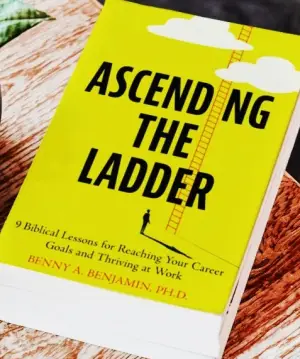Dive into the Mind-Bending World of Recursion by Blake Crouch
When I first picked up Recursion by Blake Crouch, I was drawn in by the tantalizing blend of science fiction and suspense. Having enjoyed Crouch’s previous works, especially Dark Matter, I was not disappointed. Recursion challenges the very fabric of time and memory, inviting readers to ponder the depth of our own realities. In a world where memories can be manipulated, what does it truly mean to live?
Crouch masterfully intertwines the lives of two protagonists—Detective Barry Sutton and neuroscientist Helena Smith. Barry is grappling with a mysterious phenomenon known as False Memory Syndrome, which leaves its victims believing they’ve lived alternate lives. In his quest for truth, he navigates a chaotic world of shifting realities while confronting his own haunting past. Meanwhile, Helena is on a desperate mission to save her mother from Alzheimer’s, engrossed in her groundbreaking work to create a “memory chair” that promises to preserve and reignite lost memories. The depth of their character arcs is truly compelling; Barry is portrayed with rich emotional layers, and Helena’s desperation resonates deeply.
One of the aspects that struck me was Crouch’s writing style—fast-paced yet contemplative. The narrative scoots forward like a roller coaster, with twists designed to keep readers on their toes. I found myself holding my breath during critical moments, particularly as the protagonists confront their personal demons amidst the larger, existential catastrophe brewing around them. The dialogue sparkles with humanity, giving the characters a gritty realism that made me invested in their journeys.
Thematically, Recursion delves into profound questions of identity and existence, essentially asking: What if the memories we cherish—or long to forget—aren’t ours at all? A haunting line echoes throughout the narrative: "Reality is broken". This not only reflects the characters’ turmoil but also hints at a broader commentary about our collective consciousness, making the book a thought-provoking read in today’s diversified society.
However, I did find some segments of the book slightly convoluted, especially as timelines began to overlap and fracture. Yet, this complexity only adds to the immersive experience. Reflecting on my own memories and the overall narrative, I appreciated how Crouch managed to strip away layers of perception, prompting me to question my own realities.
If you’re a fan of sci-fi that doesn’t shy away from emotional depth, or if you’ve thrived on the unpredictable storytelling of Crouch’s previous novels, you will find Recursion to be a fascinating journey. It challenges the mind while tugging at the heartstrings, creating a reading experience that lingers long after the last page is turned.
Reading Recursion was like stepping into a kaleidoscope of mind-bending concepts and human emotion. I emerged with a heightened appreciation for both the fragility of memories and the weight of choices. It’s a book I wholeheartedly recommend for anyone eager to dive into an electrifying blend of thriller and philosophical exploration. Enjoy the ride!






